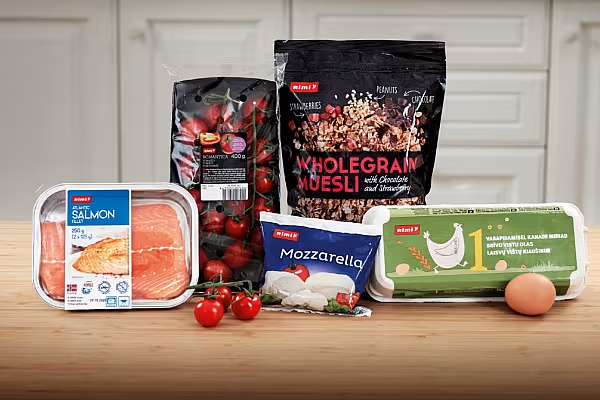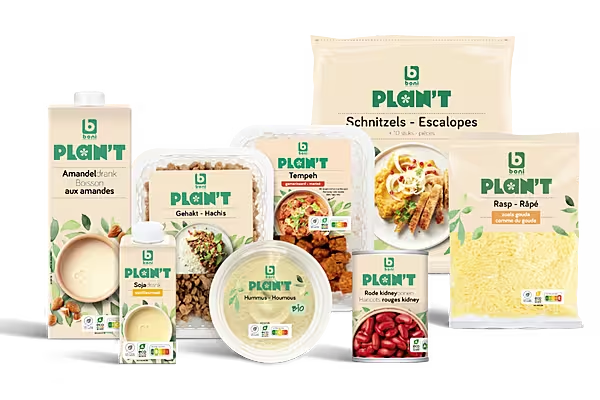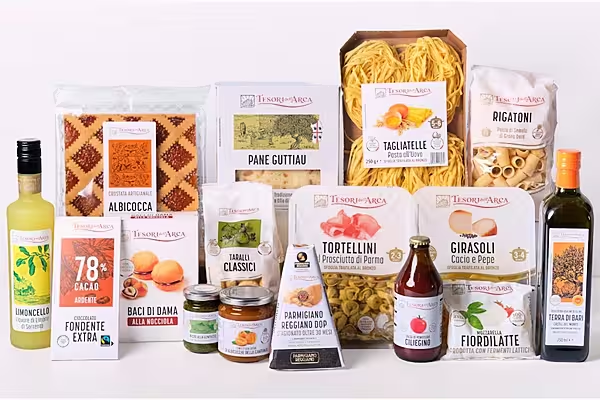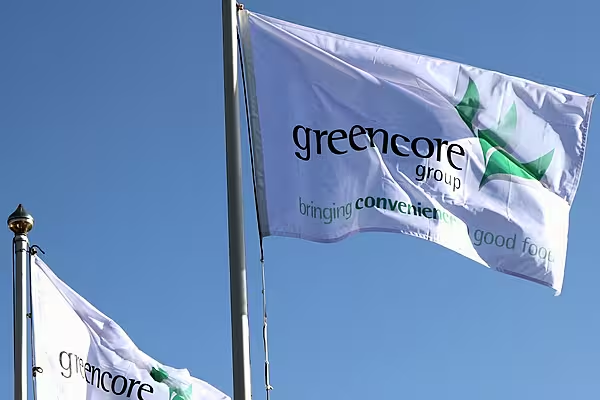As part of ESM's annual Private Label Issue, we looked at how RIMI Baltic, one of the most progressive retailers in the Baltic States, is seeking to ‘embrace the new’ when it comes to private label. This article first appeared in ESM Issue 1 2021.
RIMI Baltic is one of the most progressive retailers in the Baltic States, as evidenced by its willingness to ‘embrace the new’ when it comes to private label.
Boasting operations in Estonia, Latvia and Lithuania, RIMI Baltic is a standard-bearer for modern retail in the Baltic States – a fact that was reinforced by the retailer winning two categories at the recent European Private Label Awards, in the Ambient Grocery and Free-From Foods categories.
As Andris Aire, private-label director at RIMI Baltic, tells ESM, the group has seen a number of changes in consumer habits as a result of the pandemic, which, in turn, has led to increased private-label sales.
“There is increasing demand for frozen foods, up 35%, and product categories related to cooking at home, such as fresh meat, up 15%, fish, up 30%, and vegetables, up 23%,” Aire says. “Also, demand for organic products has increased by 20%, and we have increased our customer offering in this segment, accordingly.
“Our latest consumer survey showed that, during the pandemic, customers are more open to trying new private-label products, which are cheaper alternatives to branded products, but, at the same time, 80% of customers say that our private-label products are as good as, or even better than, branded products. This clearly underlines that strong commitment to our high-quality standards, customer engagement in new-product development, and innovation pays off.”
New Flavours
As Aire explains, the group’s continuous search for new flavours and concepts has led to the development of innovative new products – RIMI Carrot Pesto and RIMI Pumpkin Flour, which scooped the aforementioned awards, being two notable examples.
“Recently, we launched the RIMI FreeFrom brand, to make specialised products more accessible for customers who are sensitive, allergic or intolerant to one or more food ingredients, or simply want to diversify their menu,” he says.
Like most European grocers, RIMI Baltic has invested in its e-commerce structure over the past year, and Aire cites the emergence of this channel as a means to drive virtual tastings of new store brand innovations.
“The e-commerce channel is a great tool for new-product sampling, since this activity has been restricted in physical stores during the pandemic,” he says. “Our customers are getting free private-label novelties together with their regular baskets.”
Local Flavours
RIMI Baltic sees locally produced fresh products as a key segment offering opportunities for future private-label growth, with shoppers in Estonia, Latvia and Lithuania particularly loyal to local produce.
“We have already developed a wide range of locally produced dairy, where 70% of the assortment is sourced from local farmers and producers,” says Aire. “Local meat is important for our customers, and we are working to widen our assortment in this area. One of the latest additions to our local assortment is Bio Eggs, which come from a small local farmers’ cooperative.”
Coupled with the retailer’s focus on sustainability and health – in which private-label development is very much aligned with company strategy – he believes that the future is bright for the Latvian-based operator.
“RIMI Baltic is known as a company that focuses a lot on different sustainability and health initiatives, and we continue to set the bar above European and local government regulations,” Aire says.
© 2021 European Supermarket Magazine – your source for the latest Private Label news. Article by Stephen Wynne-Jones. Click subscribe to sign up to ESM: The European Supermarket Magazine.














